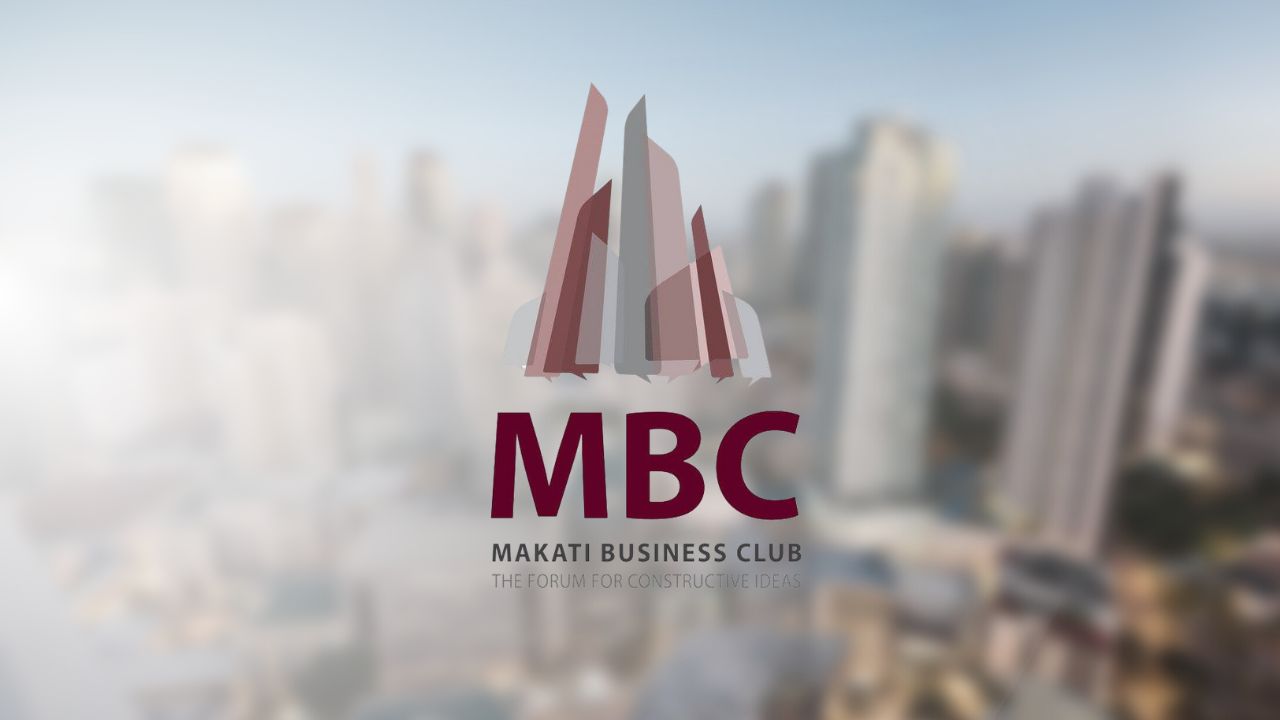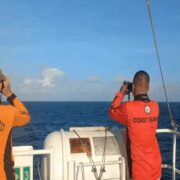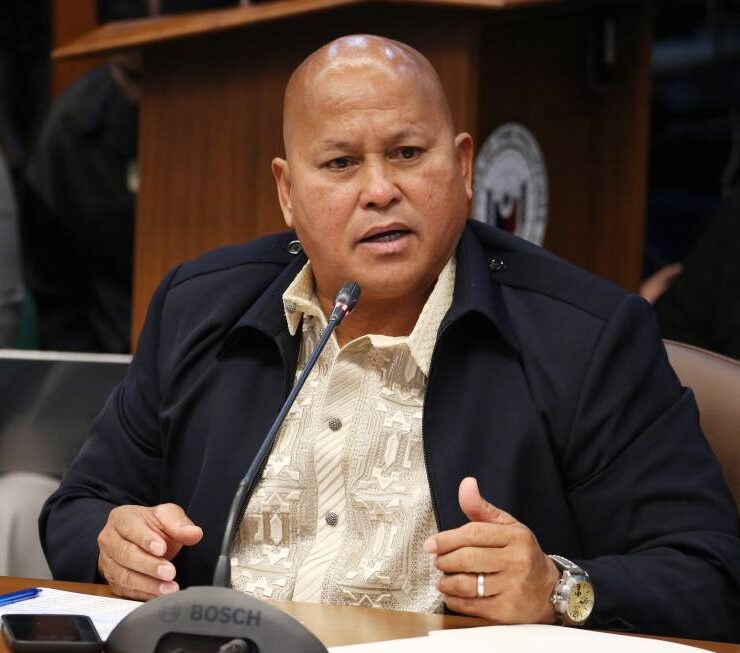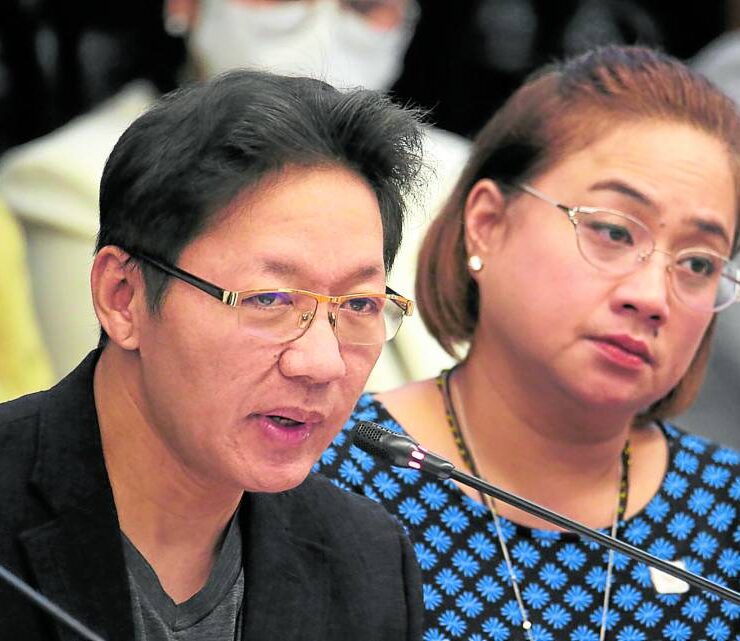Biz clamor: Lifestyle checks, not just SALN disclosures

Six big business and civil society groups have called on the government to impose mandatory lifestyle checks on public officials, arguing that their statements of assets, liabilities, and net worth (SALNs) alone are not enough to sniff out corruption.
Without rigorous verification of their truthfulness through a lifestyle check, SALNs would remain “symbolic records rather than effective tools against corruption,” said a statement issued on Thursday by the Makati Business Club (MBC), Management Association of the Philippines (MAP), Financial Executives Institute of the Philippines (Finex), Shareholders’ Association of the Philippines, Justice Reform Initiative (JRI) and Institute for Solidarity in Asia.
Their appeal comes more than a month after Ombudsman Jesus Crispin Remulla lifted stringent restrictions on the access to officials’ SALNs that were imposed by his predecessor, Samuel Martires.
Unexplained wealth
While welcoming the move, the groups noted that transparency alone is not enough as it must be backed by enforcement.
“Lifestyle audits enable this legal presumption. Discrepancies uncovered through these checks must trigger immediate, impartial investigations and prosecutions under the Ombudsman’s constitutional mandate,” they said. “They are essential to uncover if declared wealth aligns with actual living standards.”
The groups added that lifestyle audits are much easier to do now with accessible digital footprints that show spending patterns, travel, social media activity, and ownership of luxury assets by public officials and their family members.
They noted that the Constitution (Article XI, Section 17) already mandates public officials, both elected and appointed, to file a sworn SALN upon assuming office, while Republic Act No. 6713 extends the requirement to spouses and minor children living in the same household.
Public anger
Citing Republic Act No. 1379, which allows the state to seize illegally acquired wealth, they said mandatory lifestyle checks would not exceed the Ombudsman’s authority but rather strengthen existing antigraft mechanisms.
“The Anti-Graft and Corrupt Practices Act imposes penalties, including disqualification and imprisonment, while the Plunder Law punishes with lifetime imprisonment those who amass ill-gotten wealth of at least P50 million, a low benchmark given what we now know,” the groups noted.
They added that under RA 1379, as confirmed by a recent Supreme Court decision, any property “manifestly out of proportion” to an official’s lawful income is presumed ill-gotten and subject to forfeiture.
“The corruption we now see, we cannot unsee. We can no longer allow pilferage to prosper under the cover of pretense, political patronage, and public indifference,” they said.
The groups also called on the public to remain vigilant and report signs of excessive or unexplained wealth among officials.
Amid the widespread flood control corruption scandal, many Filipinos have turned to social media to vent their anger and frustration, documenting the lavish lifestyles of politicians, contractors and their relatives.
Amend bank secrecy law
Their posts contained estimates of the worth of the luxury cars, designer clothes and accessories especially of the spouses and children of lawmakers and contractors.
In August, President Marcos ordered lifestyle checks on all government officials, starting with those from the Department of Public Works and Highways, amid the widening investigation into anomalous infrastructure projects.
Presidential Communications Undersecretary Claire Castro said each agency was tasked to conduct the lifestyle checks and Mr. Marcos’ directive should prod agencies, such as the Commission on Audit and the bureaus of internal revenue and of customs, as well as local governments to conduct their own investigations.
In October, six big business groups also called on lawmakers to amend the Law on Secrecy of Bank Deposits and the Foreign Currency Deposit Act as a measure to improve the country’s standing in the global financial community amid the damage caused by the corruption mess.
Signatories to the statement were MBC, MAP, Finex, JRI, the Filipina CEO Circle, and the Institute of Corporate Directors.
They called the two laws as “straitjackets” on regulators for preventing the investigation and prosecution of people involved in corruption and money-laundering activities.
In a 2020 report on the Philippines’ financial sector, the International Monetary Fund (IMF) noted that the bank secrecy laws restrict the ability of the Bangko Sentral of Pilipinas (BSP) to supervise banks.
The IMF recommended amendments to grant the BSP direct and full access to individual depositor information covered by bank secrecy laws.
Several bills have been filed in Congress to allow the BSP to examine bank deposits on the condition that there is a reasonable suspicion of fraud or unlawful activity.
The business groups said this reform, once enacted, will finally align the Philippines with international standards on financial transparency and antimoney laundering.
“By empowering regulators and enforcement agencies with the authority to investigate corruption, tax evasion, and other illicit economic activities, the reforms will help ensure integrity across both public and private financial systems,” the statement read.





















